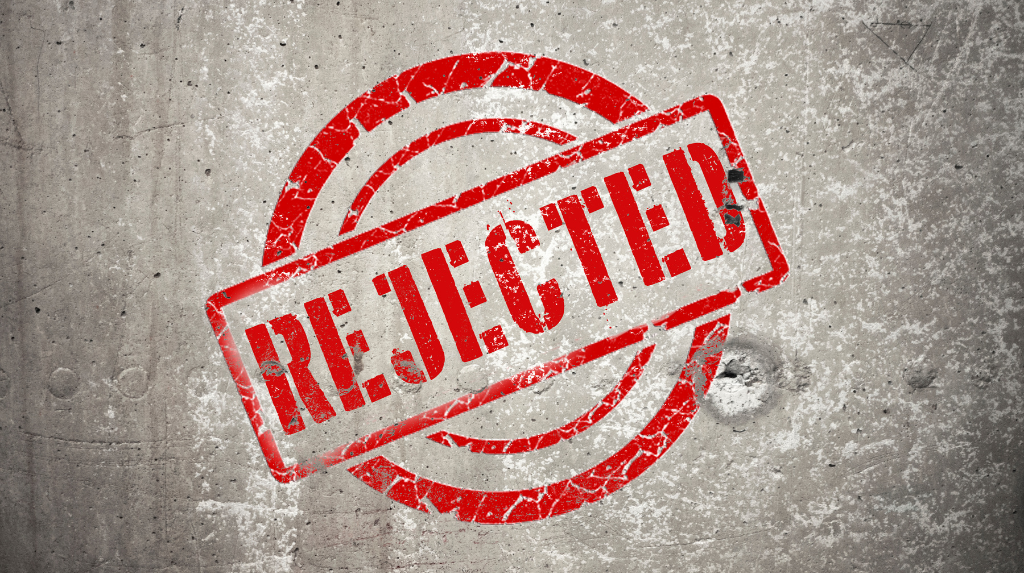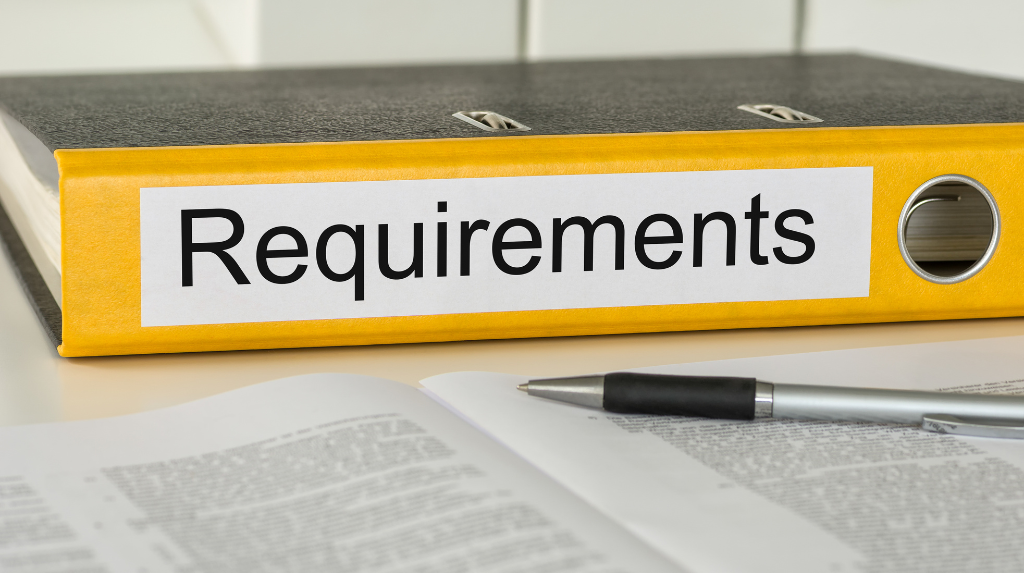Traveling to Germany is an exciting prospect, whether for tourism, education, business, or reuniting with family and friends. However, obtaining a German visa is not always a straightforward process. Sometimes, despite careful preparation and submission of all required documents, an applicant may face the disappointment of a visa rejection.
This article aims to guide individuals on what to do if their German visa application is rejected, helping them understand the reasons behind such rejections and providing actionable steps to improve their chances of a successful visa application.
Understanding German Visa Rejection
Before diving into the steps to address a visa rejection, it’s essential to comprehend the reasons why a visa application might be turned down. By understanding the common causes, applicants can take proactive measures to avoid potential pitfalls in the future.
Reasons for German Visa Rejection
Insufficient or Incorrect Documentation
One of the most common reasons for visa rejection is the submission of incomplete or incorrect documentation. Missing essential documents or failing to provide accurate information can lead to an immediate denial.
Lack of Proof of Funds
German authorities require applicants to demonstrate sufficient financial means to cover their expenses during their stay in the country. Failure to provide convincing proof of funds can result in a visa refusal.
Criminal Record
Individuals with a criminal record may face challenges in obtaining a visa for Germany, especially if their offense raises concerns related to security or public safety.
Travel Insurance Issues
Adequate travel insurance coverage is mandatory for obtaining a German visa. If an applicant’s insurance policy does not meet the required criteria, the visa application may be rejected.
Unconvincing Travel Itinerary
Applicants must provide a clear and coherent travel itinerary outlining their planned activities and accommodations in Germany. A poorly structured or unconvincing itinerary can lead to visa refusal.
What to Do After a German Visa Rejection?
Receiving a visa rejection can be disheartening, but it’s essential not to lose hope. There are several constructive steps you can take to address the situation and increase your chances of a successful visa application in the future.
Review the Rejection Letter
The first step is to carefully review the rejection letter sent by the German consulate. The letter usually specifies the reason(s) for the visa denial, offering valuable insights into areas that require improvement.
Identify the Reason for Rejection
Understanding the specific grounds for rejection is crucial. Identify the shortcomings in your previous application to avoid making the same mistakes during the reapplication process.
Reapply After Making Necessary Corrections
After rectifying the issues highlighted in the rejection letter, you can prepare a fresh application. Ensure that all required documents are complete, accurate, and up-to-date.
Seek Legal Advice
If you find the rejection reason unclear or believe that your application was wrongfully denied, seeking legal advice from an experienced immigration attorney can be beneficial. They can assess your case, offer guidance, and represent you if needed.
Wait for the Cooling-Off Period
In some cases, reapplying immediately after a rejection might not yield positive results. It’s essential to respect the “cooling-off” period advised by the consulate before submitting a new application.
Tips for a Successful Visa Reapplication
Reapplying for a German visa requires careful preparation and attention to detail. The following tips can significantly improve your chances of success:
Gather Comprehensive Documentation
Compile all the necessary documents as per the consulate’s requirements. This includes a valid passport, proof of accommodation, travel itinerary, financial statements, and other supporting papers.
Strengthen Your Financial Proof
To demonstrate your financial capability, provide extensive evidence of your financial assets, such as bank statements, employment letters, or sponsorship documents.
Clarify Your Travel Intentions
Clearly explain the purpose of your visit to Germany and how it aligns with your travel itinerary. Emphasize your intention to return to your home country after the trip.
Provide Updated Information
If there have been changes in your circumstances since your previous application, such as an increase in funds or a new job, make sure to include updated information in your reapplication.
Submit a Strong Cover Letter
Craft a well-written cover letter that concisely explains your reasons for visiting Germany, your travel plans, and your ties to your home country.
Seek Legal Assistance
For complex cases or repeated rejections, consulting an immigration lawyer specializing in German visa matters can be invaluable. They can provide personalized advice and represent you professionally throughout the application process.
When to Involve an Immigration Lawyer
If your case involves intricate legal issues, previous visa rejections, or specific challenges, it’s best to involve an immigration lawyer from the beginning.
How an Immigration Lawyer Can Help
An immigration lawyer can review your application, suggest improvements, and address potential weaknesses in your case. Their expertise can significantly enhance your chances of obtaining a visa.
Exploring Other Visa Options
If the prospect of reapplying for a German visa seems daunting, there are alternative visa options that may better suit your circumstances:
Long-Term Residence Permit
If you plan to stay in Germany for an extended period, a long-term residence permit might be a suitable option. This permit allows you to reside and work in Germany for more extended periods.
Job Seeker Visa
For individuals seeking employment opportunities in Germany, the job seeker visa permits them to enter the country and explore potential work prospects.
Student Visa
Students aspiring to study at German universities can apply for a student visa, allowing them to pursue their educational goals in the country.
Family Reunion Visa
For family members of German residents or citizens, the family reunion visa enables them to join their loved ones in Germany.
EU Blue Card
Highly skilled professionals from non-EU countries can apply for the EU Blue Card, granting them the opportunity to work and live in Germany.
Receiving a German visa rejection can be disappointing, but it doesn’t mean the end of your travel plans. By understanding the reasons behind visa denials and taking proactive steps, you can significantly improve your chances of a successful application. Whether it’s reapplying with corrected documentation or exploring alternative visa options, persistence and determination can lead to a positive outcome.
Remember, if you encounter complexities or repeated rejections, don’t hesitate to seek legal advice from an experienced immigration lawyer who can provide personalized assistance throughout the process.
Frequently Asked Questions
Can I reapply immediately after a visa rejection?
It’s generally recommended to wait for the cooling-off period advised by the consulate before reapplying to avoid repeated rejections.
Do I need travel insurance for a German visa?
Yes, travel insurance with adequate coverage is mandatory for obtaining a German visa.
Can I appeal a visa rejection decision?
In some cases, there might be an option to appeal a visa rejection. However, it’s essential to review the specific guidelines and reasons for the denial before considering an appeal.
How can an immigration lawyer assist me?
An immigration lawyer can review your case, provide guidance, and represent you professionally throughout the visa application process.
What are the alternative visa options if my German visa is rejected?
Alternative visa options include long-term residence permits, job seeker visas, student visas, family reunion visas, and the EU Blue Card, depending on your circumstances and eligibility.
Do you need support with your German visa application?
Contact our team of skilled immigration lawyers to discuss your visa and immigration needs.
Call us on +234 812 5505 986 or WhatsApp us at +234 818 1547 085 for immediate assistance with your situation. We are available to assist you in person, over the phone, or online.





